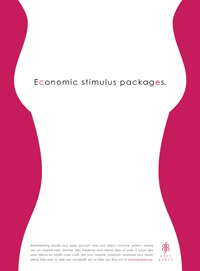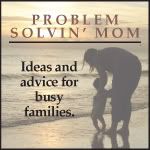You may have heard about metacognition, as it is mentioned in a large variety of sources - from teacher resources to educational research to the introduction of shows on Nick Jr. Metacognition is "thinking about thinking" or an ability to reflect on one's understanding of a topic or concept.
I have been using strategies to improve metacognition in my classroom for several years. I have noticed a significant improvement in student success that translates easily to other subjects as well. In other words, metacognition can provide benefits across subjects and age groups. Strategies that focus on metacognition challenge students to take an active role in the learning process. It gives them skills to assess their readiness for evaluation or gains toward a goal, and an ability to make connections within and across curricula. As Dr. Natalie Saaris states in her article Mastering Metacognition, these skills have been linked to improved learning outcomes.
Some children are naturally more metacognitive than others, but the good news is that these skills can be taught and honed with practice. Teachers can model behavior, actively assist in these new ways of thinking, and provide activities that allow for practice and feedback to improve performance.
One simple way is to model metacognitive behavior in discussions. Talk through using context clues, mention what the subject makes you think or wonder about, bring up something similar and show how you might use the similar idea to understand the new concept. Then, help your students do the same by guiding them with leading questions. Group discussions are a great way to provide students with considerable feedback in a small amount of time. Students each get a chance to model thinking about their understanding, which provides a variety of different voices and examples. I find students often learn as much from each other during discussions as they do from my explanations. It is helpful for the listener and the student doing the explaining!
Provide plenty of opportunity for students to demonstrate their thinking and support it with text or resources. Annotating an article or text book is a great way to demonstrate thinking. This works well done as a group at first for younger students, and then independently. Having students complete a reflective journal at a later time adds another layer of awareness. I will link to a set of annotation cue cards I've created to help make annotating text a habit in my classroom.
Increasing student writing, especially reflective prompts, is another way to improve metacognition. My students keep a journal and respond to prompts that often challenge them to assess their understanding and make connections. Providing cues is helpful for all ages, but especially with younger learners. A poster or sign with reflective questions that is easily visible will help remind students to be thinking about whether what they are learning makes sense. Provide students with opportunity to evaluate their work, (with a key or rubric) revise their work, and then reflect on what they learned. I like to have students use the same rubric I'm going to use when we are doing projects, first to evaluate a peer and then their own work. Once I've graded the project we can discuss any discrepancies and share our viewpoints. Letting students grade their own quizzes is also helpful, as it presents them an opportunity in the moment to see what mistakes they made and determine where they went wrong. I like following up self grading activities with reflective journals or exit slips.
What strategies have you tried that work well to improve metacognition? I'd love to hear them!





























No comments:
Post a Comment